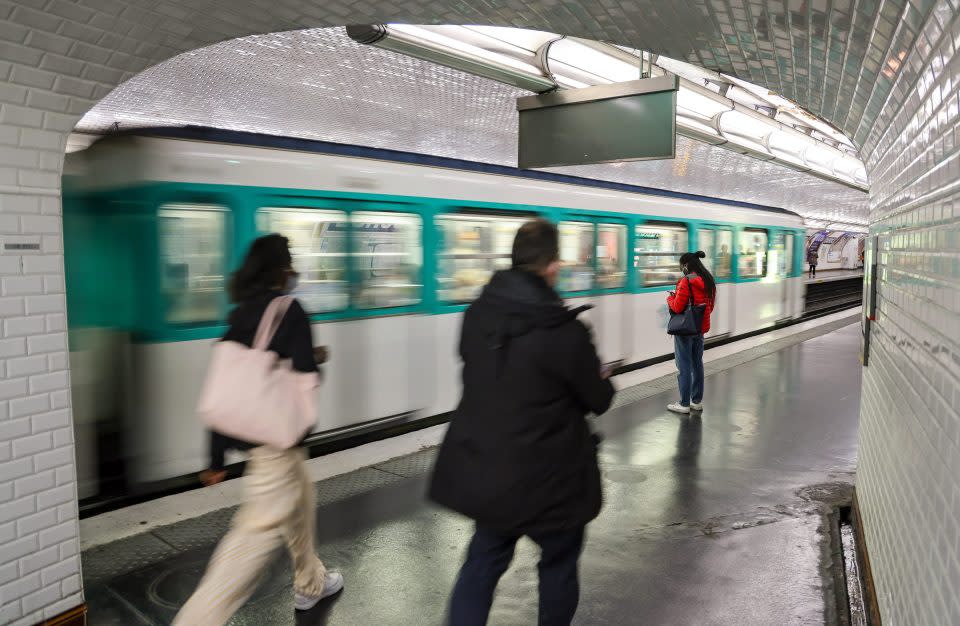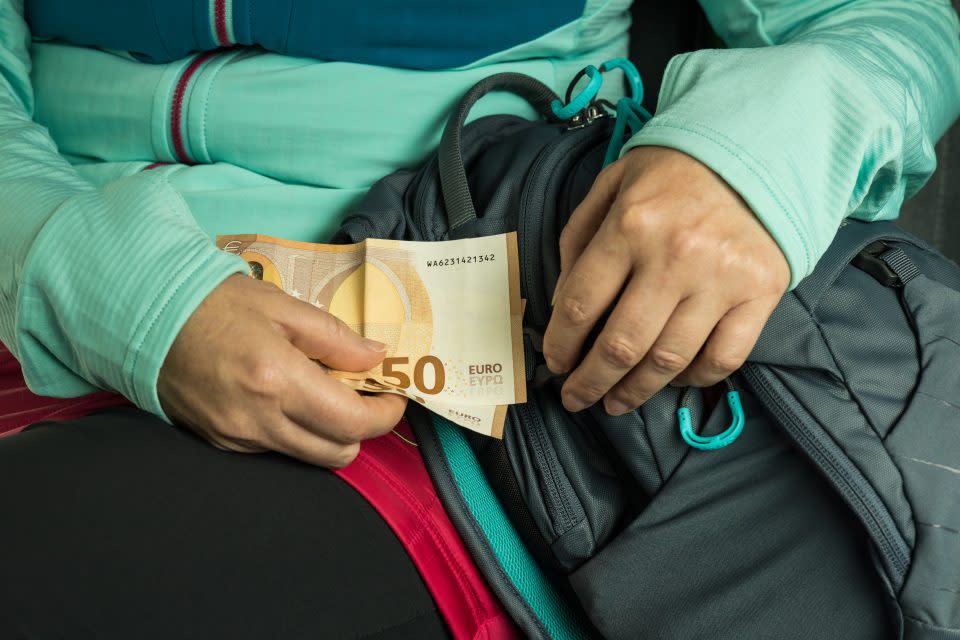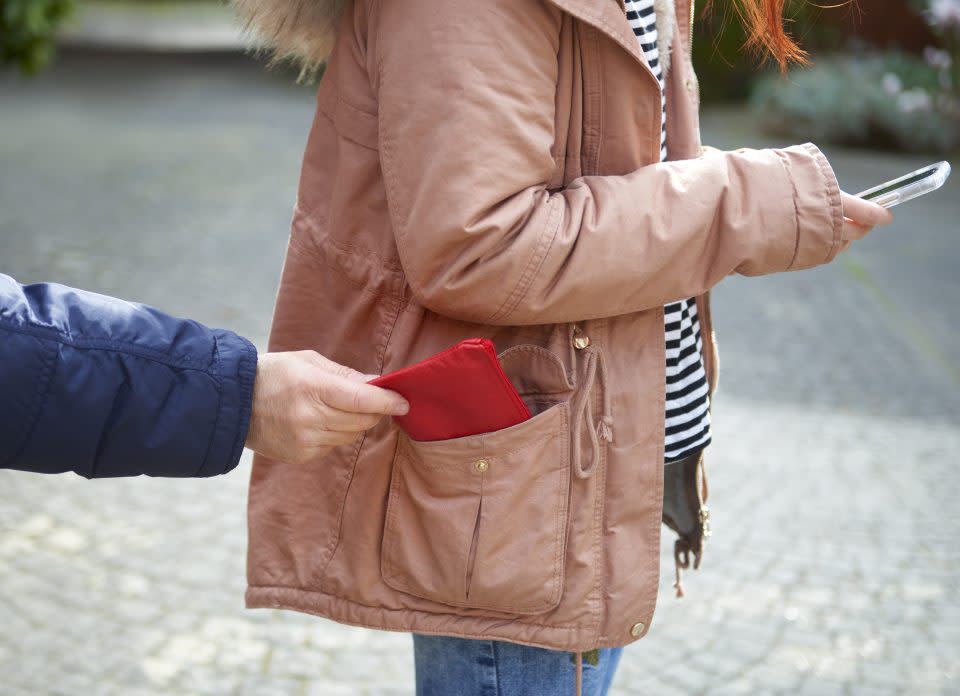How to survive Paris during the 2024 Olympics
The most anticipated sporting event is only a month away—and it happens to be in the most visited city in the world: Paris.
Aside from the picturesque streets, fragrant cafes, and stray cyclists, the French capital will also be swarming with spectators—over 15 million are just arriving for the Paris Games.
That’s in addition to locals and other French residents traveling to the capital from different parts of the country.
For the uninitiated, Paris can be a lot. Recently, the city has grappled with a bed bug outbreak, dengue scares, petty crime, public transport workers’ strikes, and more.
Given the twin popularity of the Olympics and Paris, surviving (and thriving) in the city can feel like hard work. Although Paris got a feel for managing big crowds that flocked to Taylor Swift’s Eras Tour concerts earlier this year, the Olympics and Paralympics will have the city buzzing with activity over an extended period.
But fret not—Fortune spoke to tourism, insurance, banking, and culture experts for their tips on navigating the city and having a great experience.
Getting around

Like its other big city peers, Paris has an infamous traffic problem. In the lead-up to the Olympics, several hotspots in the city will be cordoned off, restricting taxi access.
“The biggest pitfall is going to be the traffic. It will be very hard to find your way around it, which is why being centrally located at a perfect hotel is the key,” said Jonathan Alder, founder of travel management company Jonathan’s Travels.
“This level of crowds is going to be a challenge for Paris, specifically when it comes to traffic and crowding. For guests willing to pay for the top hospitality packages, they have created a workaround with a special traffic lane that will only be available to specific vehicles,” Alder told Fortune.
If you plan to visit other parts of France before getting to Paris, he cautions against connecting via a major Paris airport—whether Charles de Gaulle Airport or Paris-Orly.
While cabs (identifiable with a “taxi” sign on their hoods) are very much an option, public transport is still the best way to get around the city. Road and station closures could hamper some routes, so the RATP and Public Transport Paris 2024 apps will be your friends for real-time updates on what’s working and what’s not. Also, keep your eyes and ears open in case of any protests in the areas you’re heading to. Don’t forget to leave enough buffer time for delays.
Other safe alternatives include carpooling, renting cycles (a Vélib pass could be helpful), and exploring areas by foot.
Uber is offering free ferries across the Seine River from July 12 to August 3 in addition to taxis.
Beware of your Euros

When in Paris, beware of how and where you access your money. Tourists habitually convert local currencies to their home currency to find the best deals in shopping and buying food. The implication? Exchange rates change daily, even if only by a small percentage, and it costs to use your home currency if you aren’t careful.
Always have some (but not a lot) euros handy and make sure to transact only in euros even when credit card machines prompt you otherwise, London-based fintech firm Wise said in a report about preparing for the Paris Olympics. It also warns against resorting to airport or hotel exchanges, which deliberately charge you more.
“Airports and hotels cater to a captive audience. Their exchange services will reflect this in
their higher fees and poorer rates,” the report said.
Other suggested tips include having backup payment options in case your primary card fails and checking if your home bank has any affiliates in France that’ll absorb some of the transaction fees.
There’s another thing people need to be aware of when exploring the streets of Paris—the pickpockets.
“With more tourists in the city, there may be an increase in petty crime and scams targeting visitors,” said Johannes Thomas, the CEO of German-based travel platform Trivago, citing the example of “the friendship bracelet scam” at attractions like Sacre-Coeur.
“Avoid flashing any valuables or cash that may draw negative attention. Additionally, avoid street performers or street games, especially [ones] involving money, as this can often be a planned distraction to set up a pickpocket.”
Better safe than sorry

There’s no easy way out with the crowds, no matter where in Paris you go. So, it’s probably best to embrace it, Thomas said.
“Expect overcrowding, long lines and overwhelmed services at popular tourist attractions like the Eiffel Tower, Louvre and other major sites. Anticipate increased prices. Accommodation, food and transportation costs tend to spike during major events. Visitors may face significantly higher prices, especially for hotels and short-term rentals in central Paris,” he added.
Planning trips during peak travel season often brings uncertainties—delays, last-minute cancellations, lost bags, and more. It’s tricky to prepare for each of these scenarios, but travel insurance can be the key to feeling more in control of your trip.
People could face three types of risks when traveling: financial, medical and travel, Rajeev Shrivastava, founder and CEO of VisitorsCoverage, a travel and health insurance marketplace, told Fortune.
“People [who] are making these trips have made some heavy investments, including their tickets and the stay,” Shrivastava said.
The risks of impromptu cancellations, peak summer heat, and rampant petty crime could become unnecessary stressors in a long-anticipated trip. That’s where travel insurance can help—it lifts the burden off visitors, protecting them in case of unforeseen losses.
“Many insurance policies have coverage for many of these events,” Shrivastava said, adding that insurance is a tool that people consider with varying degrees of seriousness, depending on how much they’ve traveled.
Shrivastava says another way to ensure safety is to have emergency contacts who travelers can contact.
“Let your family remain informed [or] whoever you believe and trust about where you are, where you’re traveling to, and what of transportation you are taking,” he said.
When in France… try being French?

Cruising your way through Paris isn’t just about getting on the right bus or staying in the right neighborhood. It’s also about taking in some of the culture and blending into the city where you can. Noel Wolf, a language teacher and cultural expert at language learning platform Babbel, thinks learning some basic phrases can be a game-changer.
“Not only does being able to communicate in the local language facilitate cultural connection, but it is crucial for keeping travelers safe in high-stress, large-scale events such as the Olympics,” Wolf said.
Brushing up on your French will also come in handy when asking for directions or seeking help, making you feel more safe. People tend to regret not knowing the local language, adding to the stress of travel, Babbel found in a survey.
“Travelers will also need to familiarize themselves with the geography and public transportation in Paris, so in the event of an emergency or getting separated from their travel partners, attendees can have a general idea of where they are within the city and navigate their way back home,” Wolf said.
Other etiquette tips, such as saying “Bonjour” and keeping a low voice at restaurants, are also helpful to remember.
And with that, you should be all set for a Parisian summer. Safe travels, or as the French would say, bon voyage!
This story was originally featured on Fortune.com

 Yahoo Finance
Yahoo Finance 